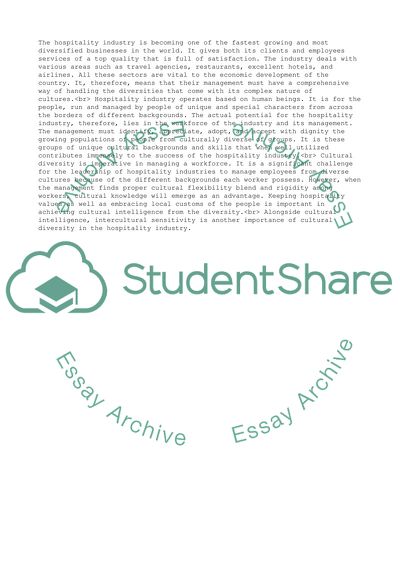Cite this document
(Benefits of Managing Cultural Diversity in the Hospitality Industry Term Paper, n.d.)
Benefits of Managing Cultural Diversity in the Hospitality Industry Term Paper. Retrieved from https://studentshare.org/management/1840668-leadership-accross-culture
Benefits of Managing Cultural Diversity in the Hospitality Industry Term Paper. Retrieved from https://studentshare.org/management/1840668-leadership-accross-culture
(Benefits of Managing Cultural Diversity in the Hospitality Industry Term Paper)
Benefits of Managing Cultural Diversity in the Hospitality Industry Term Paper. https://studentshare.org/management/1840668-leadership-accross-culture.
Benefits of Managing Cultural Diversity in the Hospitality Industry Term Paper. https://studentshare.org/management/1840668-leadership-accross-culture.
“Benefits of Managing Cultural Diversity in the Hospitality Industry Term Paper”, n.d. https://studentshare.org/management/1840668-leadership-accross-culture.


